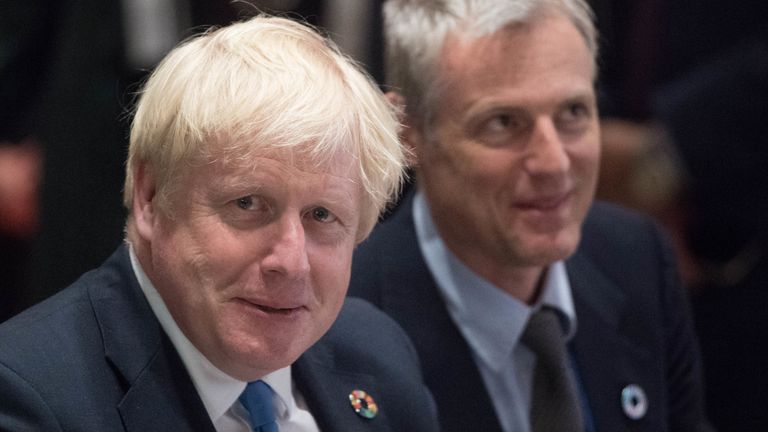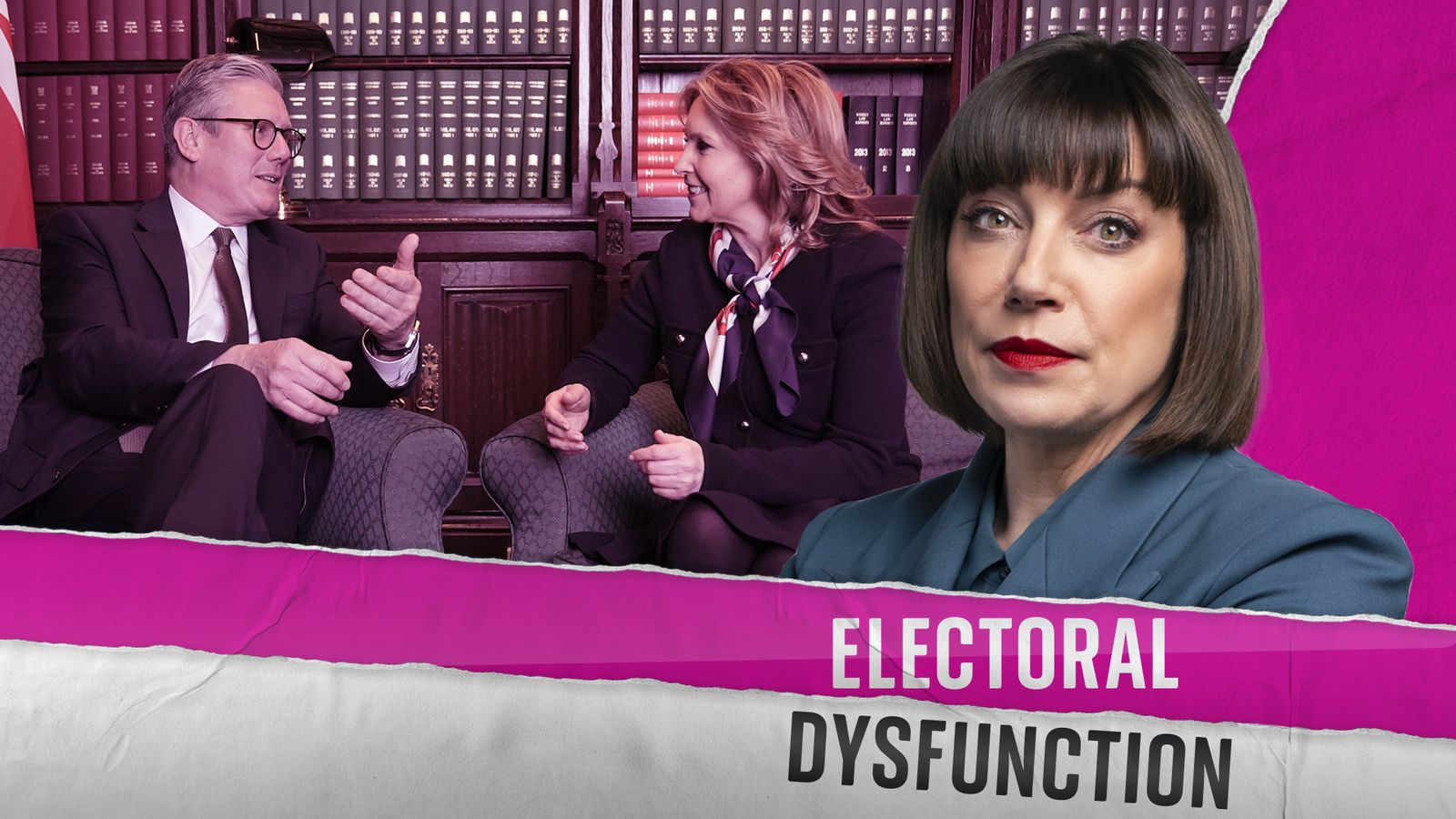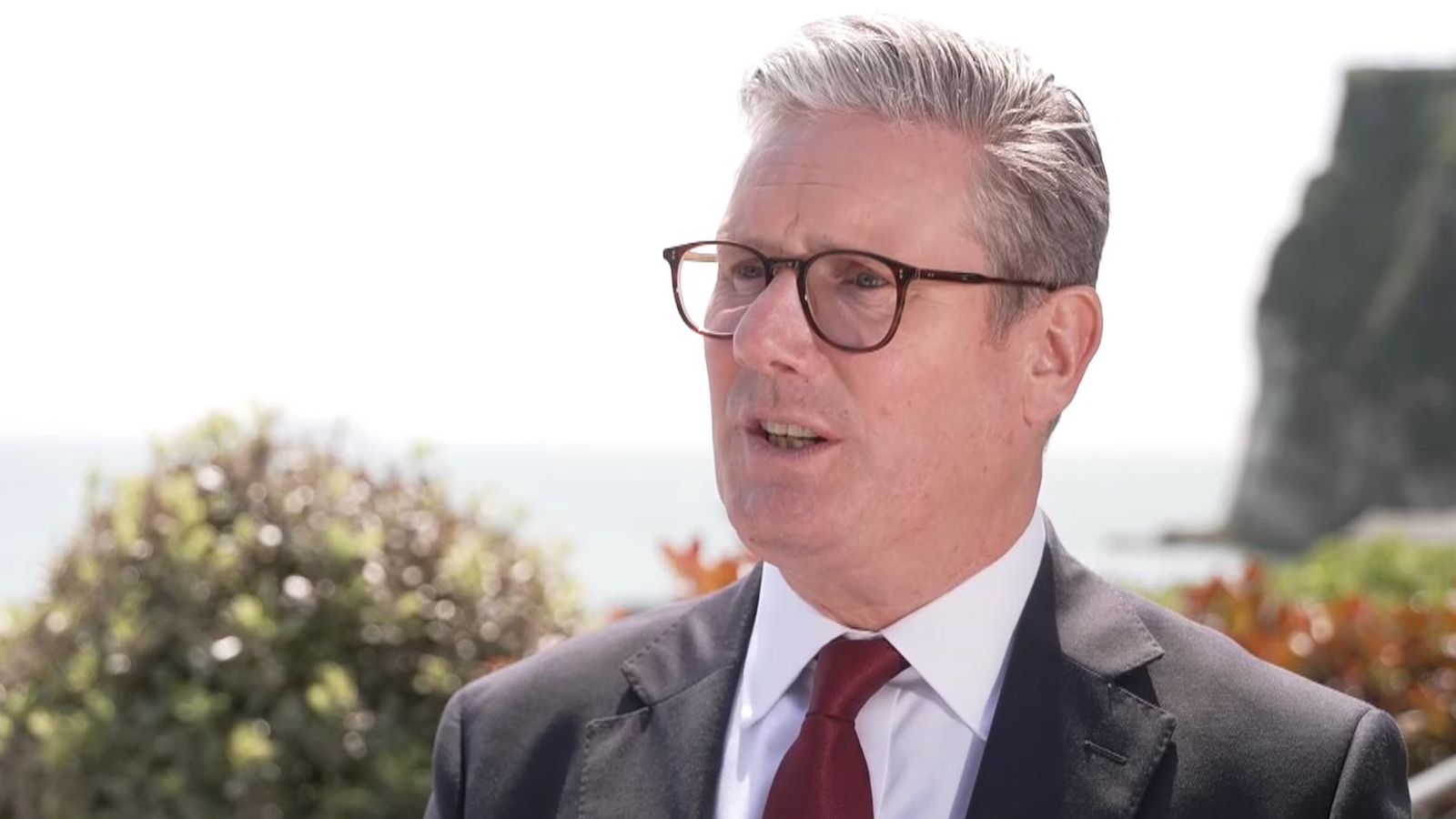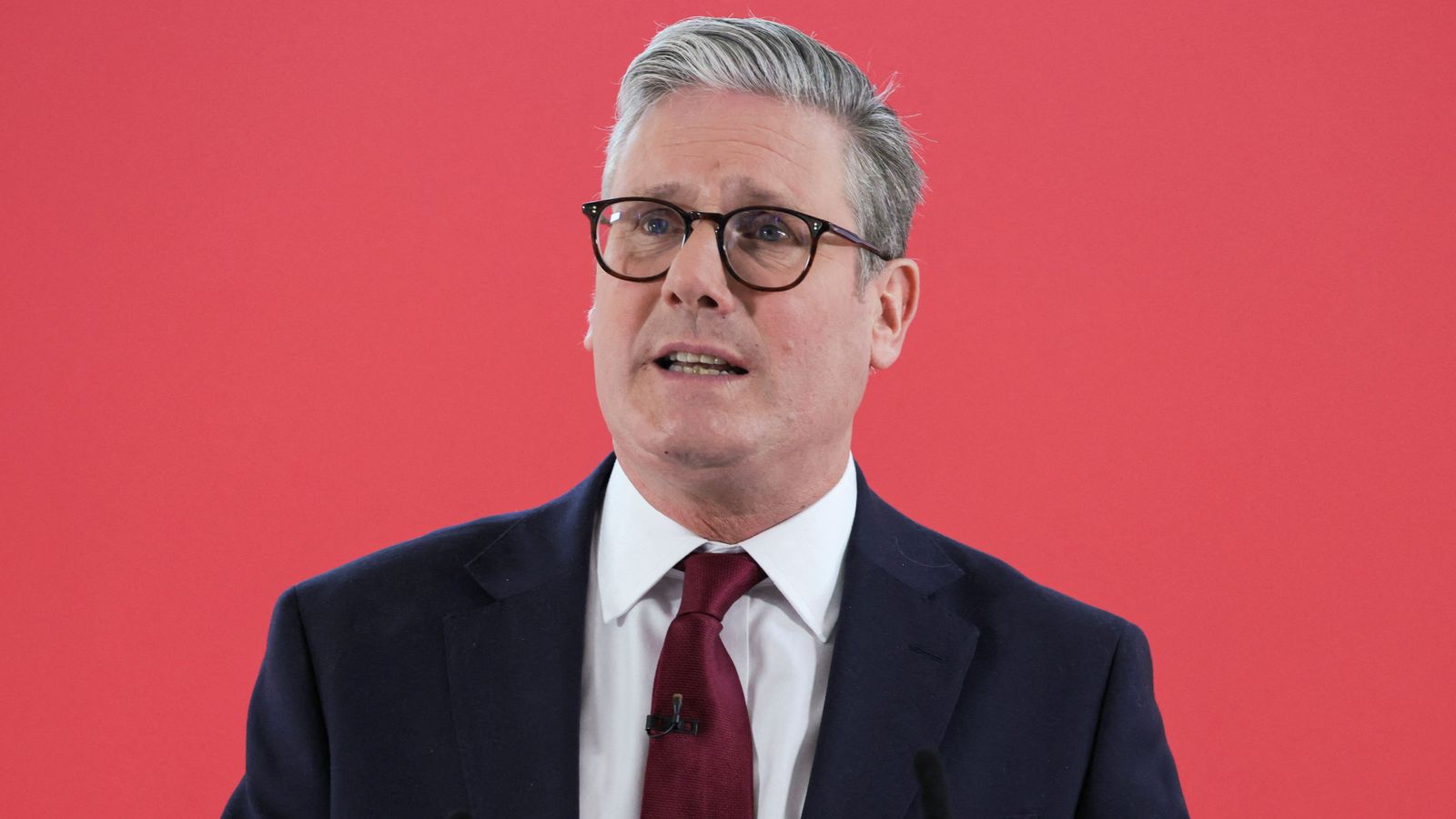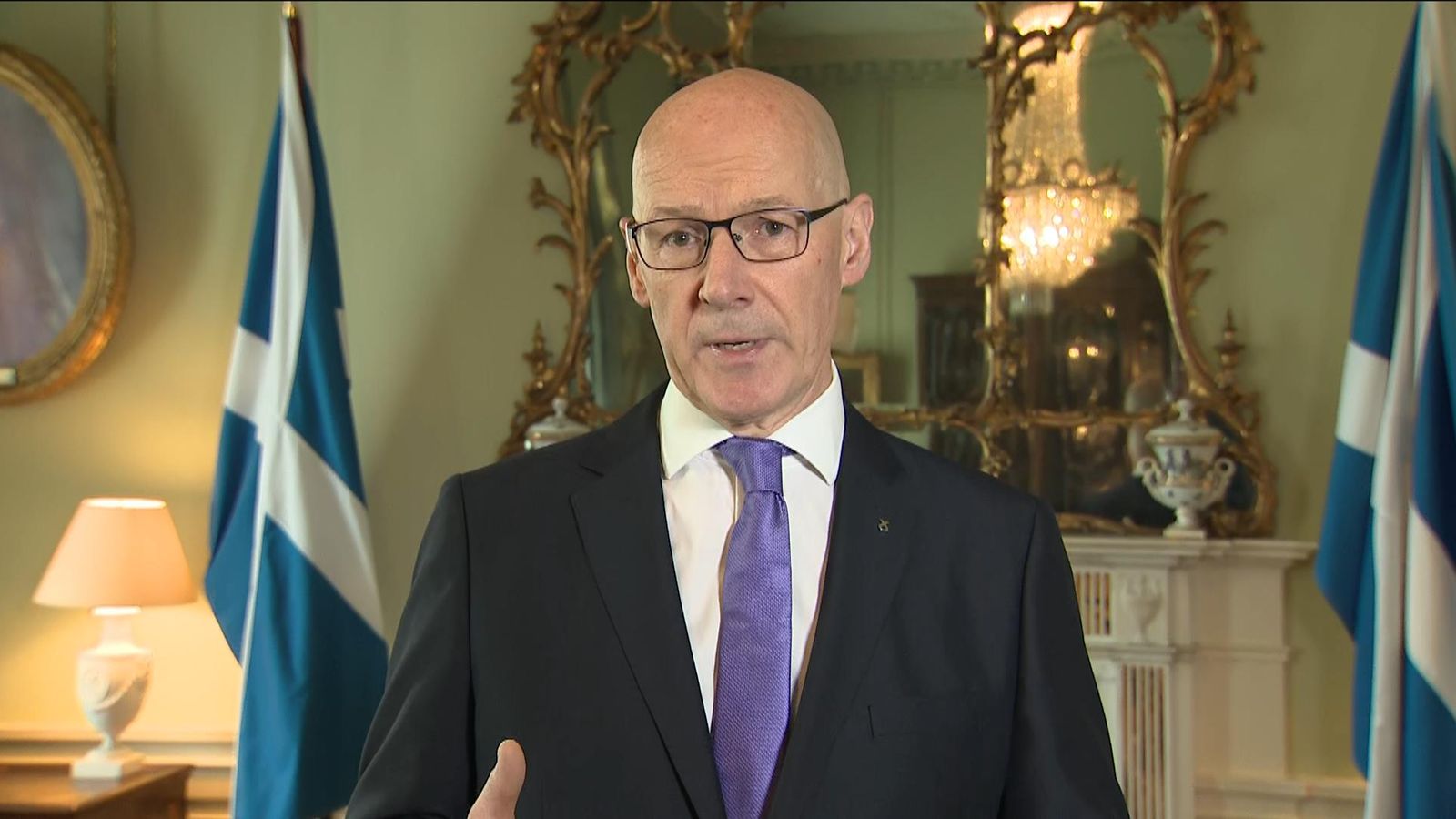Former Conservative chair Baroness Warsi says a report into Tory Islamophobia shows the party is “institutionally racist” – despite the findings saying otherwise.
She told Sky News: “I think the findings of this report show clearly that the Conservative Party is institutionally racist, that’s based upon the definition of what is institutional racism.
“The way I see it – if it looks like institutional racism, feels like institutional racism, fits the definition of institutional racism – then, I’m afraid it is institutional racism.”
Baroness Warsi, who campaigned for six years against Islamophobia in her party, said the independent report found examples of racism in the party’s processes, attitudes and behaviour, which “satisfies the definition of institutional racism”.
She also said while some of the recommendations “are good and should be implemented…I think we now need an independent Equality and Human Rights Commission (EHRC) investigation because there are flaws to this report” – and said she will be referring the party to the commission.
People who made complaints about Islamophobic behaviour have called her to say they were not given the opportunity to give evidence, she added.
Baroness Warsi also said she thinks Boris Johnson “accepts he is part of the problem and that he got it wrong in the past” and although his apology over comments about women in burqas was “mealy-mouthed”, she said “we can move on from that”.
The inquiry was carried out by Professor Swaran Singh, a former equality and human rights commissioner, who found “anti-Muslim sentiment remains a problem within the party” but there is “no evidence” the party is institutionally racist.
Prof Singh examined 1,418 complaints relating to 727 separate incidents between 2015 and 2020, culminating in a 44,000-word report published on Tuesday.
He found two-thirds of all reported complaints to the Tories’ headquarters related to allegations of anti-Muslim discrimination.
The complaints included comments made by the prime minister about women in burqas when he was a journalist and Lord Goldsmith’s London mayoral campaign linking opponent Sadiq Khan to Islamic extremists.
The Muslim Council of Britain (MCB) welcomed Prof Singh’s report but said it “does fall short of acknowledging the root causes of this bigotry” and also called for the EHRC to “determine whether any breaches of law have taken place”.
Zara Mohammed, the MCB’s secretary-general, said: “The investigation primarily deals with form over substance. Procedure is important, but it needs to be underpinned by dealing with the deep-seated issues of institutional racism. We hope that this is the starting point of the party’s own self-reflection.”
Subscribe to the All Out Politics podcast on Apple Podcasts, Google Podcasts, Spotify, Spreaker
Muslim Engagement and Development (Mend) described the report as a “whitewash”, saying it failed to address the “pervasive climate of Islamophobia across the party…instead dismissing such issues as merely giving the ‘impression’ of Islamophobia – a conclusion that is little more than gaslighting”.
Former chancellor Sajid Javid, who committed to holding an inquiry into Islamophobia in the 2019 Tory leadership election, said the investigation found “distressing examples of anti-Muslim sentiment at local association and individual levels, as well as serious shortcomings in the party’s complaints process”.

